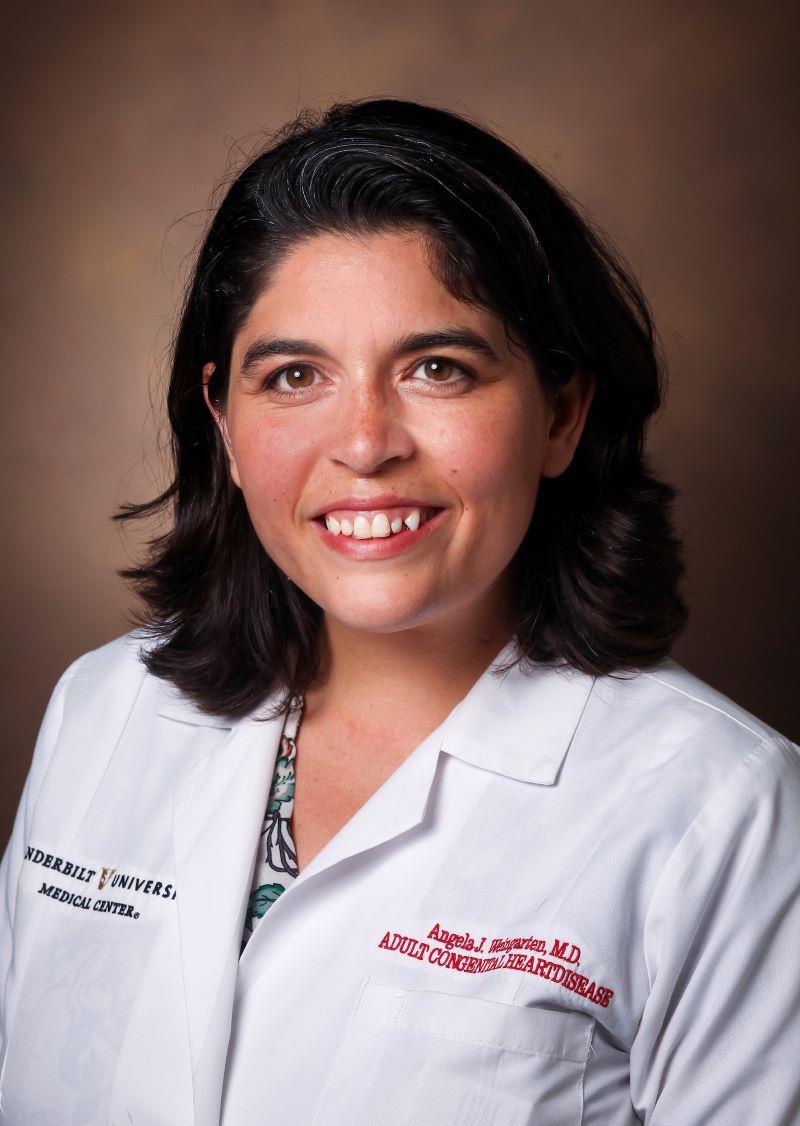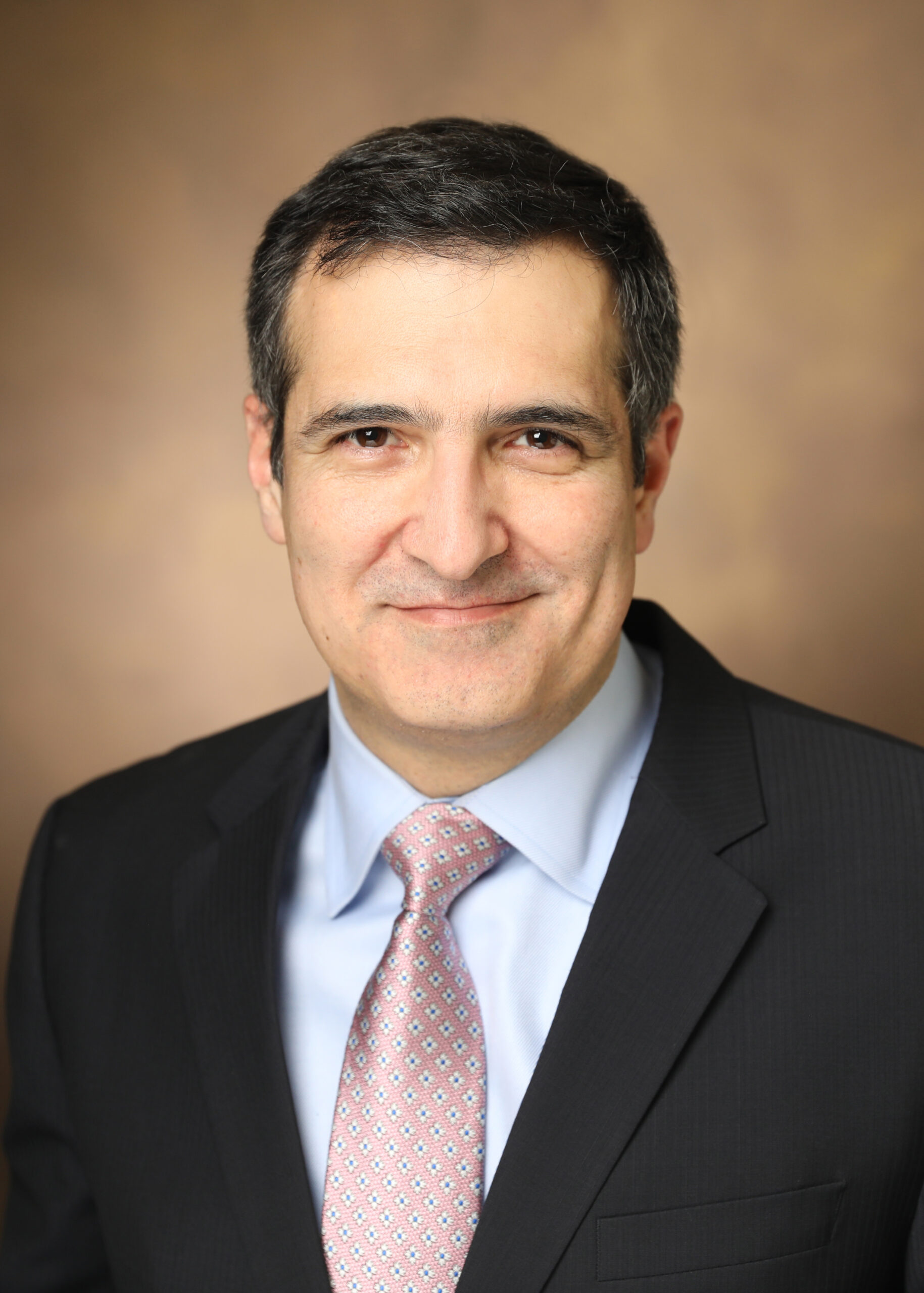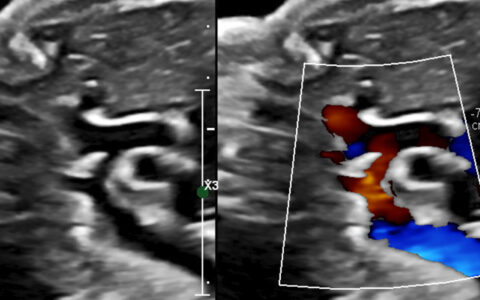Babies born with single ventricle heart disease face the most challenging of congenital heart defects. Most will undergo three staged procedures in their first three years of life, yet will still live with limited cardiac capacity.
These patients have passive pulmonary flow and chronically elevated central venous pressure, an inability to augment cardiac output with exercise. They are at high risk for liver and kidney disease, as well as thrombotic complications like stroke.
However, with diligent parental and self-care, supported by specialized medical care, many never need transplant and live enjoyable and productive lives for decades.
Carlos M. Mery, MD, a pediatric cardiac surgeon, was recruited to Vanderbilt University Medical Center in 2025 to serve as chief of pediatric cardiac surgery. Vanderbilt is ranked as one of the leading congenital heart disease programs in the country, and Mery’s expertise in providing advanced, nuanced treatment for patients with single ventricle disease further expands Vanderbilt’s expertise.
“We are focused on the lifelong journey of heart disease patients from fetal life to adulthood, which includes not only medical care, but also whole-person care,” he said. “Most of us think medically about what patients want and need, and we measure outcomes, but that is not the end of the story. We’re also flipping that perspective by probing what patients care most about and how they are doing emotionally.”
“Most of us think medically about what patients want and need, and we measure outcomes, but that is not the end of the story. We’re also flipping that perspective by probing what patients care most about and how they are doing emotionally.”
Whole-Person Care at Fontan Clinic
The marriage of these goals with an established, full-time Fontan Clinic at Vanderbilt is a uniquely powerful one. The clinic, which provides this whole-person care over the lifespan, has been operating for three years under the direction of cardiologist Angela Weingarten, MD.
“We think of it as a consult clinic,” Weingarten said. “Our goal has been to build a program for patients between 8 years old and the early 20s that provides each individual patient with all the resources they need. It is easy to lose sight of the what the real goal should be: helping these patients to not only survive, but also to thrive and achieve fulfillment and happiness in their lives.”
Preparing for Independence
Weingarten sees her role as substantially different from that of the patient’s primary cardiologist.
“A lot of the conversations I have with patients are not about what their heart is doing now, but asking, ‘What is this going to look like for you when you become an adult?’ We talk about issues they are grappling with like birth control, drug use, smoking—and how their decisions will affect them down the road,” Weingarten said.
Patients meet with a physician team that includes cardiologists and hepatologists. Psychologists also meet with patients before and during their visits to the Fontan Clinic, reviewing any IEP document needs and often performing learning assessments. Exercise physiologists provide personalized exercise prescriptions, and nutritionists help design individualized, nutrition-rich diets.
Adults and children with single ventricle heart disease, or congenital heart disease in general, struggle with executive function. For this reason, adolescent patients also meet with occupational therapists to help them learn practical skills that prepare them for independence, like calling the pharmacy to get their refills, setting reminders for themselves and understanding their insurance plans.
“This also helps their parents feel ready to cede decision-making with more confidence that their children will take care of their hearts when they are out in the world,” Weingarten said.
Medical Detriments of Lapsed Care
Unsurprising, she said, when patients are lost to follow-up, their outcomes are worse. Getting them scheduled for their first adult cardiology clinic visit helps keep them on the right track.
“I’ve spoken with so many patients over the past 10 years who lapsed or had insufficient care,” Weingarten said. “One man had gone 10 years without a cardiology visit. No one had taught him what was going on with his heart until he had come to the emergency department with heart failure.”
Another patient came in with metastatic liver carcinoma (a higher risk with single ventricle defects). The patient had been under care of a cardiologist but had no liver screening, which is recommended for every Fontan patient.
“For so many reasons, it’s really important to make sure these patients understand that they need follow-up with an adult congenital cardiologist who understands their heart,” she said.
“For so many reasons, it’s really important to make sure these patients understand that they need follow-up with an adult congenital cardiologist who understands their heart.”
Longevity Not an Empty Proposition
As part of a large initiative, Mery and his team asked patients with single-ventricle heart disease about their challenges in life. One said, ‘I thought that I was just going to die, so I never had any goals. So, now I’m an adult, and I don’t know what to do.’”
“From a strictly medical perspective, that’s a success because the patient is alive, but it’s a disaster from every other perspective,” Mery said. “It’s a failure of our system to provide that patient with what they needed.”
“I think that’s where clinics like ours come in, helping them understand and take more ownership of their disease,” Weingarten added. “Because prospects for a long life are only getting better.”





